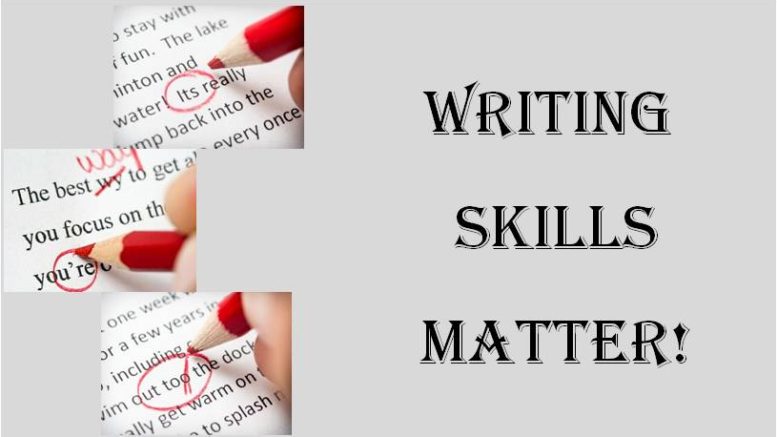
- Think Before Writing
Before writing an email, memo, or other message make sure to consider what message needs to be sent. Often, people will make a mistake when they write because they write as they think. This results in a jumbled message without clear points being made. The audience needs to be told something and it is the job of the writer to clearly communicate the message. After the message is written do not just hit “send.” Read over the letter or email and see if it is understandable. Watch for areas where a shorter sentence will do. Do not use a phrase where one word will do.
- Be Upfront
Put the main idea right at the beginning. Putting the message at the end or the middle will muddle it. Using long drawn out statements will only cause a reader to tune out of the point being made. It is especially important when discussing policy changes or rules of conduct. No one wants to misunderstand such important details in the workplace, so make it easier by remembering to utilize assertiveness when it comes to business writing.
- Avoid Jargon
Many people believe that using career-specific jargon or other shorthand speech throughout their communications is fully understood by their readers. Unfortunately, that is not always the case. A person is not likely to glean the message out of a business email when it is full of short terms, jargon or ten-dollar words. It is assumed that using sophisticated terminology makes one seem intelligent. Sadly, that is mistaken. Use simple, to the point words so that anyone could read what was written. This will help to avoid confusion and misunderstandings from the audience.
- Enlist Editing
The first round of editing can come from reading the business document aloud. This will help one find any grammar mistakes or lengthy sentences that need to be fixed. Then, go ask co-workers or friends to help. Editing can take many stages until the project is completed. While editing does highlight one’s errors, it is not something to frown upon. It helps people improve their writing and social skills. Soft skills are in high demand. Do not overlook them. Editors are the best allies for business writers.
- Practice Makes Perfect
Never stop writing. No one learned how to perfectly write for business overnight. It will take time in order to feel comfortable. Keep honing technique. Look at articles from the New York Times or get a subscription to the Harvard Business Review. Both are full of business writing articles that can easily help a writer find his or her own method of writing. Not to mention, seeing the top writers in action from both of those business subscriptions is worth the cost. It is easier to learn from example than to have none at all, so this is one route that a business writer could take to learn further.
Business writing can seem daunting at first, but with the right amount of time, patience, editing and practice, one can become accustomed to it rather easily. In order to get better a writer needs to start writing and stay writing. A writer should not give up saying he or she is incapable of writing. Everyone can write, it just takes practice. Just remember to produce a document that allows for directness, has words over more, no jargon or fancy words, and gets to the point immediately. Add this to finding a perfect editing team and business writing will become easy.
About the author:
Paul B. is a full-time business writer and blogger; his work has appeared in HuffPost and SolidEssay. He is also a trainer and business consultant.
